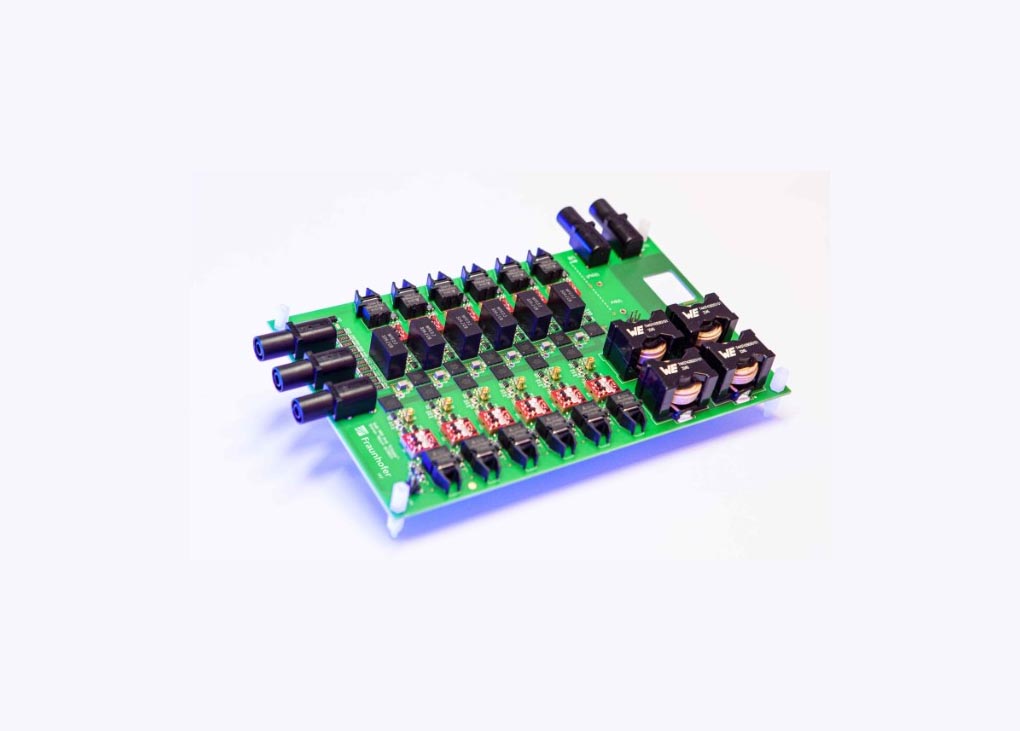Scientists at Germany’s Fraunhofer Institute for Applied Solid State Physics (IAF) have made a breakthrough in refrigerant-free heating and cooling technology: a circuit topology for voltage converters with an electrical efficiency of 99.74 per cent.
According to the AIF, the technology could considerably raise the coefficient of performance for electrocaloric heat pumps and the scientists are now considering components based on semiconductor gallium nitride (GaN) for higher power density and efficiency.
With the electrocaloric effect, electrical voltage is applied to a material made of special ceramics or polymers, and it heats up, the IAF scientists say. When the stress is removed, the material cools again, with the entire process said to be almost completely reversible.
The scientists claim to have created an ultra-efficient circuit topology for voltage converters with an electrical efficiency of 99.74 per cent. Today’s heat pumps are limited to about 50 per cent of the physical Carnot limit due to technology, but the electrocaloric heat pump could theoretically reach 85 per cent, they say.
According to the AIF, these solid-fuel heat pumps are to be brought to market as an alternative to those based on the prevailing compressor technology, as they promise greater efficiency and do not require refrigerants.
“They have succeeded in developing an ultra-efficient circuit topology for voltage converters based on GaN transistors, with an electrical efficiency of 99.74 per cent,” says the AIF, “and the GaN-based multilevel DC/DC converter far surpasses the current state of research of less than 90 per cent recharging efficiency for the electrical control of these new heat pumps.”
The increase in the efficiency of the power electronics leads to a higher coefficient of performance for the entire heat pump system, the scientists say. However, there is still a great deal of research to be done in order to make solid-fuel heat pumps a more efficient and completely emission-free solution for heating and cooling, they add.
“Essential for the realisation of a high coefficient of performance of electrocaloric heat pumps is a very high efficiency in the materials, the electronics and the heat transfer,” says Kilian Bartholomé, manager of the ElKaWe project. “If you get all this under control, electrocaloric technology has enormous potential.”
The results of the ElKaWe project can be found here.
 Louise Belfield
Louise Belfield


Leave a Reply